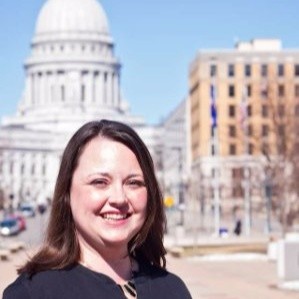 I know we cannot change all of philanthropy, but we can absolutely change our corner of the work and how we approach fundraising.
I know we cannot change all of philanthropy, but we can absolutely change our corner of the work and how we approach fundraising.
Essay Archives
Community care where? Nonprofit COVID-19 denial–The mass disabling elephant in the room
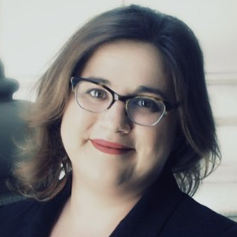 …isn’t that why so many of us are here—to do the very hard work of tackling systemic issues in service to a more just and equitable world? Why are we ignoring something that has such widespread implications for our communities and movements?
…isn’t that why so many of us are here—to do the very hard work of tackling systemic issues in service to a more just and equitable world? Why are we ignoring something that has such widespread implications for our communities and movements?
To the young, Black fundraiser…
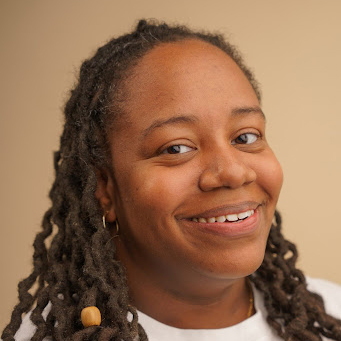 Remember that you carry within you the spirit of those who fundraised, not just for survival, but for the thriving of generations to come. Embrace this heritage, draw strength from it, and let the echoes of their heartbeats guide you in reshaping the narrative of philanthropy.
Remember that you carry within you the spirit of those who fundraised, not just for survival, but for the thriving of generations to come. Embrace this heritage, draw strength from it, and let the echoes of their heartbeats guide you in reshaping the narrative of philanthropy.
Remembering our first CCF ancestor
By Community-Centric Fundraising Global Council Communications Committee
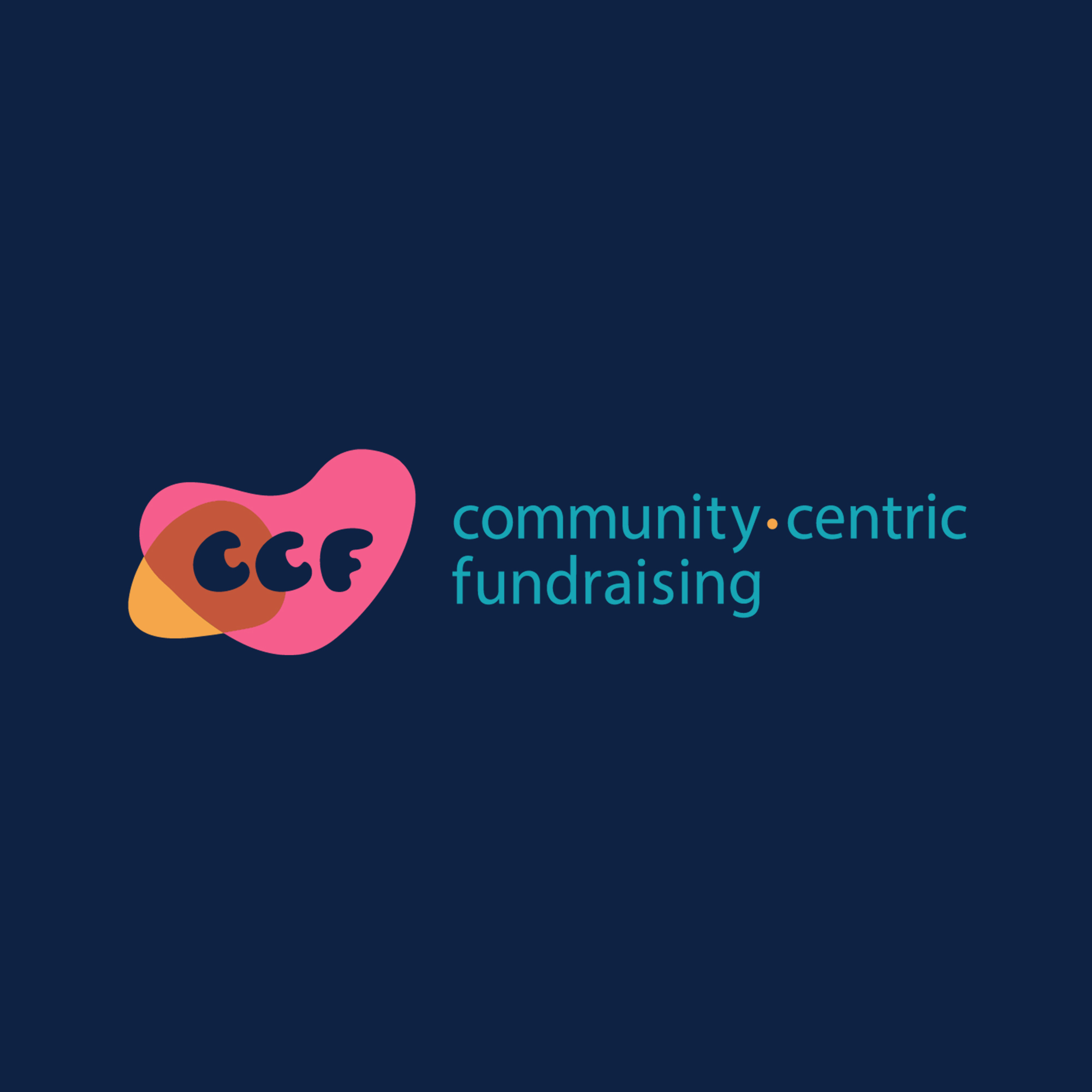 On March 1, 2023, Rakhi became our first Community Centric Fundraising ancestor. It was an unexpected transition, and there was much left unsaid. What does it mean to grasp fruitlessly at the closure we so profoundly yearn for? With the end of the year as a marker to ponder love and loss, the passage of time, and our ancestors, we hope to bring closure to this year and those moments by honoring Rakhi.
On March 1, 2023, Rakhi became our first Community Centric Fundraising ancestor. It was an unexpected transition, and there was much left unsaid. What does it mean to grasp fruitlessly at the closure we so profoundly yearn for? With the end of the year as a marker to ponder love and loss, the passage of time, and our ancestors, we hope to bring closure to this year and those moments by honoring Rakhi.
Ways whiteness shows up in CCF to the detriment of everyone (including white folks), part 3: Retribution for speaking out in support of Palestine
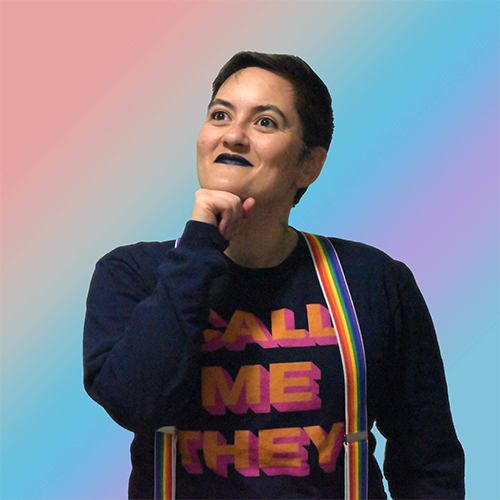 The worst way that whiteness is showing up in our movement and elsewhere in the sector, from my purview, is and always has been white folks retaliating against People of the Global Majority speaking truth to power. Most recently, it’s shown up as retribution for speaking out in support of Palestine.
The worst way that whiteness is showing up in our movement and elsewhere in the sector, from my purview, is and always has been white folks retaliating against People of the Global Majority speaking truth to power. Most recently, it’s shown up as retribution for speaking out in support of Palestine.
Ways whiteness shows up in CCF to the detriment of everyone (including white folks), part 2: “Stop using that word.”
 White cisgender women especially, but white folks of all persuasions, have flooded the CCF channels where BIPOC folks are having fruitful and honest conversations, derailing them and re-enacting the worst bits of whiteness, at times making the spaces feel like a glorified replica of every white-led organization I’ve had the displeasure of navigating.
White cisgender women especially, but white folks of all persuasions, have flooded the CCF channels where BIPOC folks are having fruitful and honest conversations, derailing them and re-enacting the worst bits of whiteness, at times making the spaces feel like a glorified replica of every white-led organization I’ve had the displeasure of navigating.
Meeting our missions by moving from Power Hoarding to Power Sharing
 How I worked to combat Power Hoarding by sharing my non-profit’s charity status and institutional power to support smaller grassroots groups and collectives.
How I worked to combat Power Hoarding by sharing my non-profit’s charity status and institutional power to support smaller grassroots groups and collectives.
Ways whiteness shows up in CCF to the detriment of everyone (including white folks), part 1: “Do something about her.”
 Who wants to stick around long-term when your transformative energies are being used to quell white nonsense? I don’t have endless energy for that.
Who wants to stick around long-term when your transformative energies are being used to quell white nonsense? I don’t have endless energy for that.
It’s time to throw away the spoons. Employers don’t get it.
 As a person with multiple invisible disabilities, I’m sick of explaining the spoon theory. When you have service for 200 in your pocket, you’re probably not going to understand those who have to wait for their three spoons that are stuck in a rinse cycle.
As a person with multiple invisible disabilities, I’m sick of explaining the spoon theory. When you have service for 200 in your pocket, you’re probably not going to understand those who have to wait for their three spoons that are stuck in a rinse cycle.
If I could put sexworker on my resume…
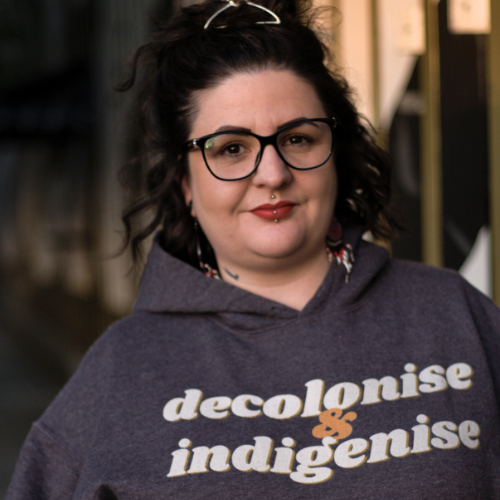 Requiring a college degree narrows a hiring pool to those who have access to a college education and can lend to a homogenous candidate pool, which will be reflected in the staff makeup. An organization pursuing equity can look beyond bureaucratic requirements and checkboxes to value a wide array of lived experiences.
Requiring a college degree narrows a hiring pool to those who have access to a college education and can lend to a homogenous candidate pool, which will be reflected in the staff makeup. An organization pursuing equity can look beyond bureaucratic requirements and checkboxes to value a wide array of lived experiences.
The myth of inherent good: Why the non-profit sector operates in an illusion of its own making
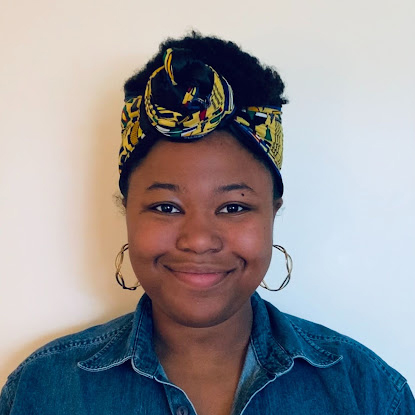 The basis of our work, our motivations, is rooted in a desire for change. We seek to create a world that is more equitable and just, but more often than not, we miss the mark. The truth is that the non-profit sector has as long of a history of harm as it does of good.
The basis of our work, our motivations, is rooted in a desire for change. We seek to create a world that is more equitable and just, but more often than not, we miss the mark. The truth is that the non-profit sector has as long of a history of harm as it does of good.
Your 9-step guide to ditching donor-centricity to actually effect systemic change
 In a world where “doing good” has become a marketable commodity, an ESG metric, or an acceptable defense against valid criticism, nonprofit leaders must take time to reflect on the role we play in the Nonprofit Industrial Complex (NPIC).
In a world where “doing good” has become a marketable commodity, an ESG metric, or an acceptable defense against valid criticism, nonprofit leaders must take time to reflect on the role we play in the Nonprofit Industrial Complex (NPIC).
